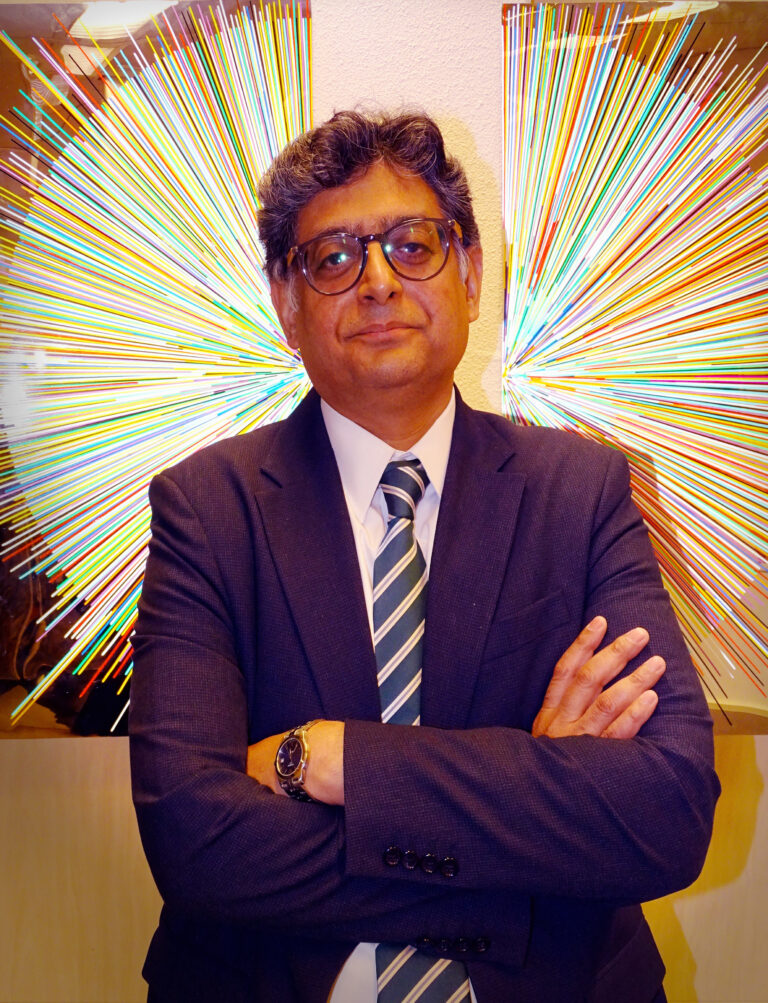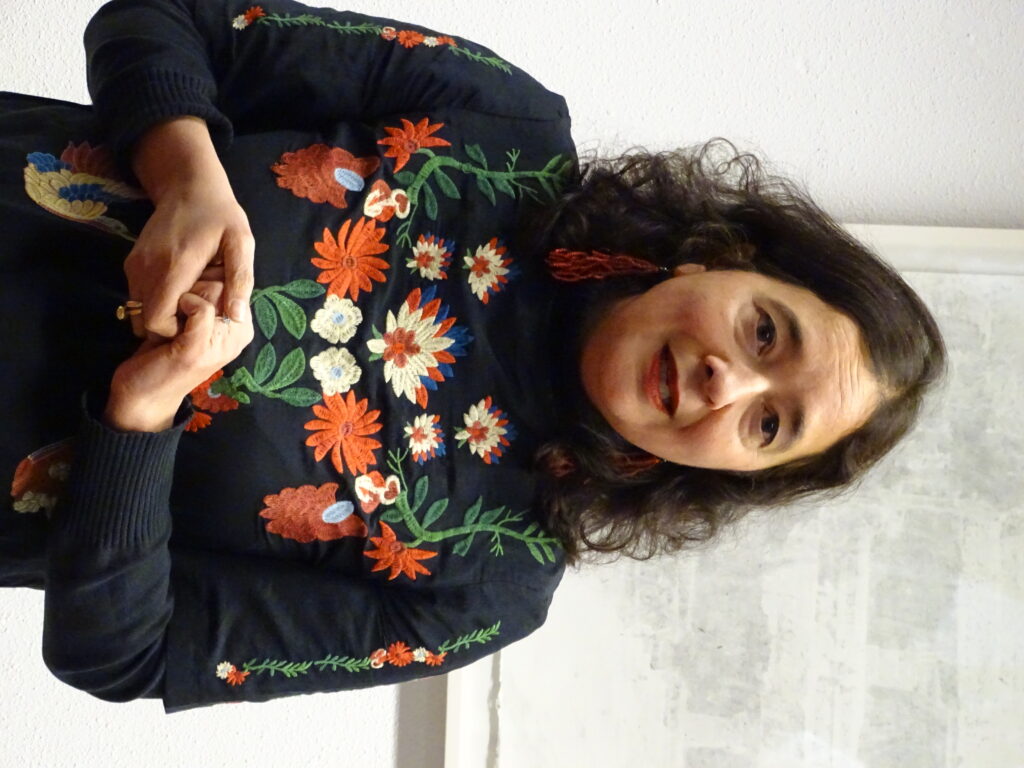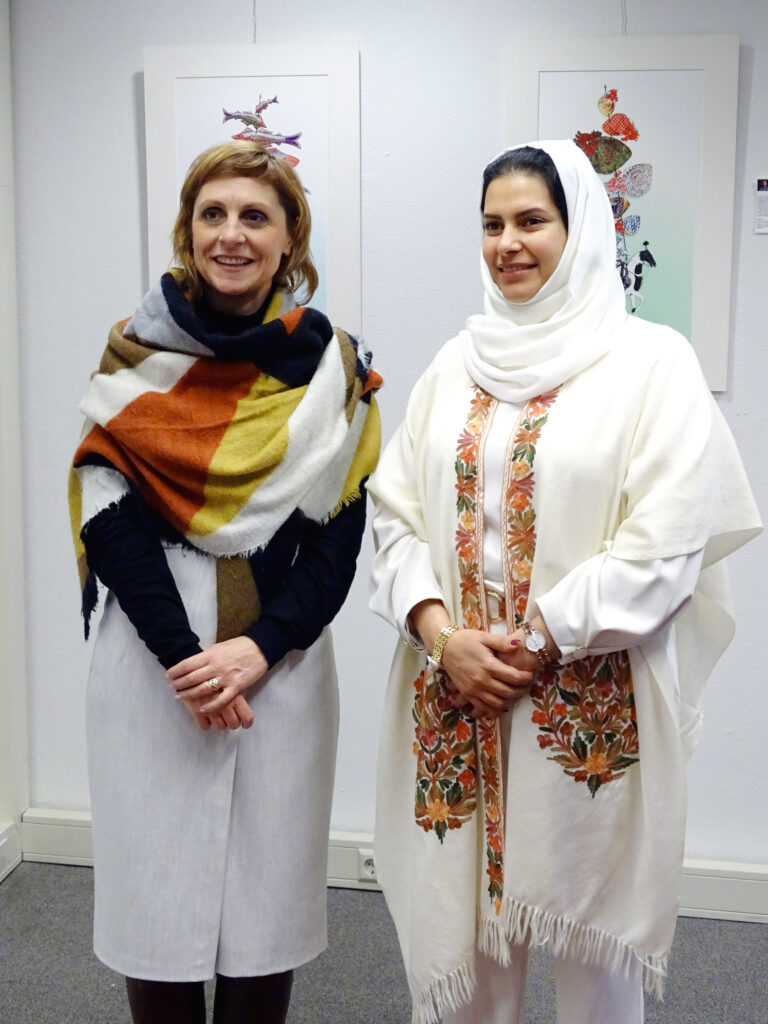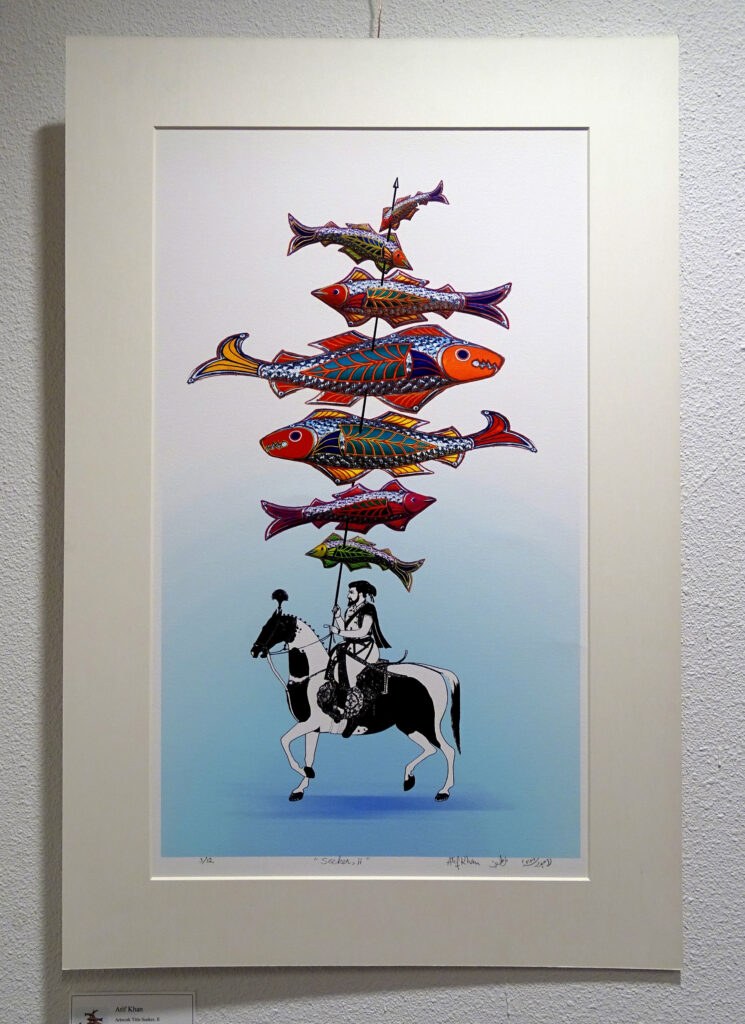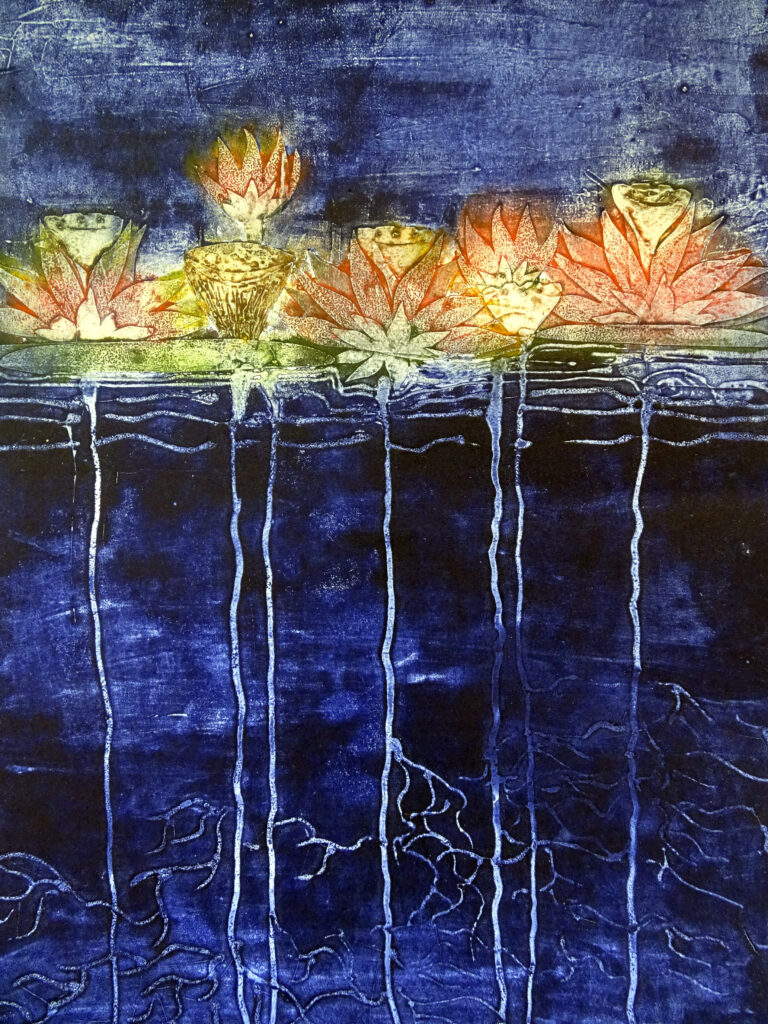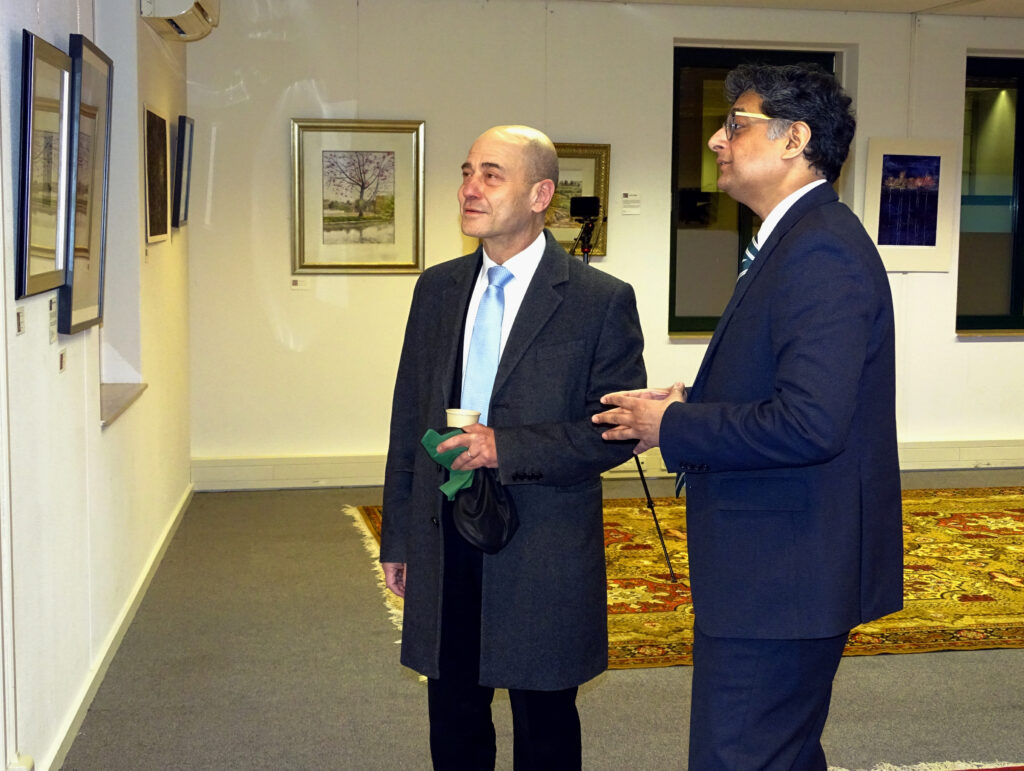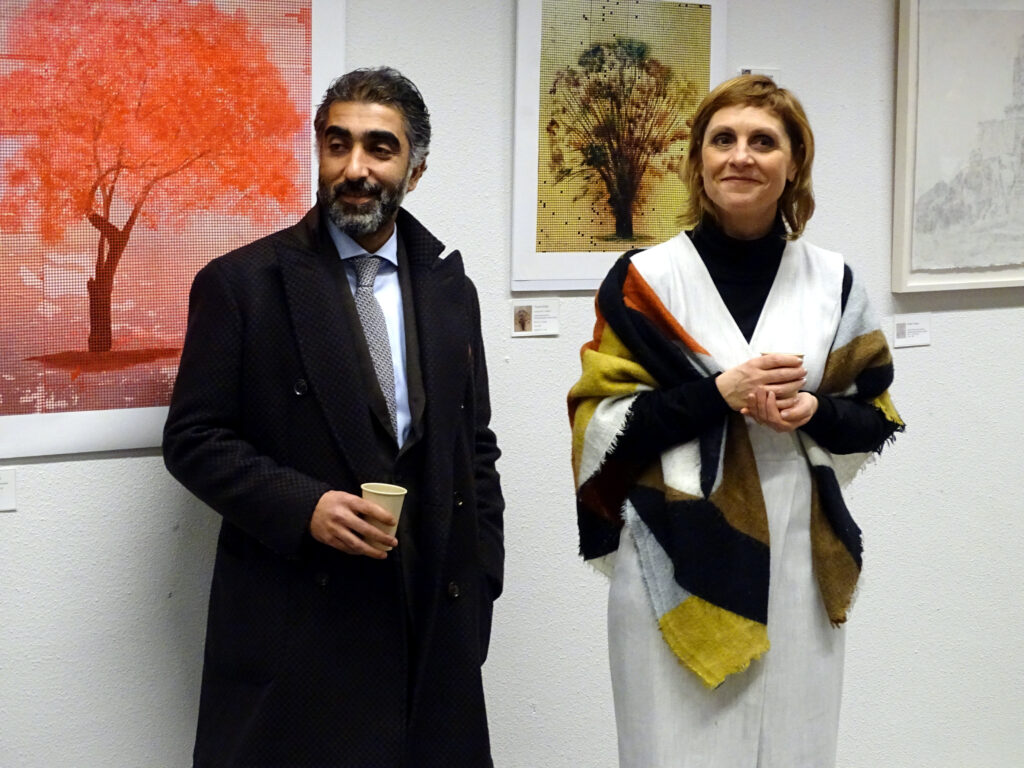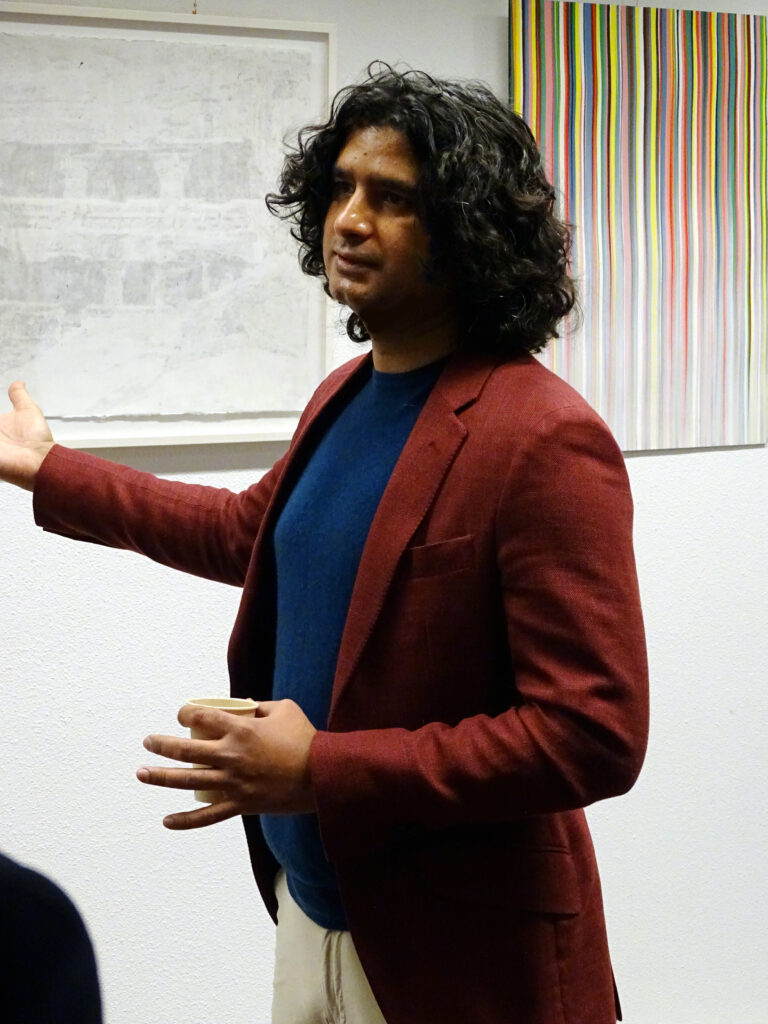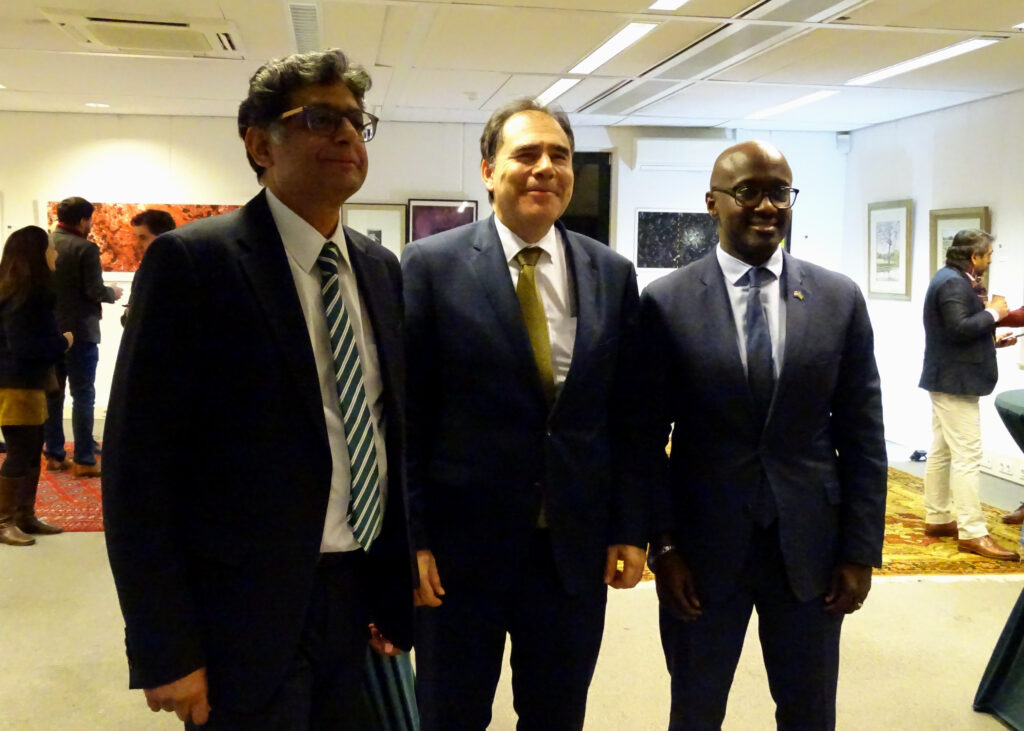By Major General (Two Stars)) (retd) Corneliu Pivariu
On December 8, 2022, the meeting of the Council of Justice and Home Affairs, which had on its agenda topics concerning the expansion of the Schengen area to include new countries took place in Brussels. Formal votes were to be cast in favour of Croatia, Romania and Bulgaria. Croatia was accepted while Romania and Bulgaria, who were long supposed to join together the area, were vetoed by Austria and the Netherlands (the latter mentioned it voted only against Bulgaria’s joining the area).
The meeting of the Council took place on the background of the greatest ever corruption scandal within the EU, including the detention of the Vice-President of the European Parliament, Eva Kaili, who already acknowledged partially the charges against her.
It seems that the Brussels-based bureaucracy is still living in a bubble they think it can protect them from all the present and coming geopolitical developments not only internally, in the European Union, but also globally. A great error!.
Austria vetoed Romania’s joining the Schengen area although it met the requirements 11 years ago and Romania’s Accession Treaty to the EU stipulates that Bucharest’s joining the Schengen area should take place within five years from the accession date. It is quite possible that Vienna’s vote represented the options that some other countries might had but lacking factual elements in that respect I prefer not to elaborate.
It is obvious that such a situation proves a fragility of the EU and the fact that at the leadership level of the Union there is not a strong cohesion as the domestic interests of one country may prevail in front of a European Parliament’s decision. In the light of the conflict in Ukraine, this is a signal that can be interpreted as proof of the fact that Russia still enjoys a great power of influence at the European level.
What else could have happened in Vienna when Austria is among the biggest investors in Romania (more than 12 billion euro and more than 7,500 companies) involving names such as OMV-Petrom, BCR-Erste Bank, HS Timber Production (former Holzindustrie Schweighofer), Immofinanz şi Porr Construct?
Between political reality and nostalgia?
Leaving aside not only Austria’s economic interests but also those of other countries within or without the EU to whom Romania gave away much too easily and in very advantageous conditions for the former, in my opinion, a great part of the riches of the Romanian soil and subsoil thus reaching a point where its decision-making capacity was limited, I notice not only Vienna’s attitude of a former Imperial capital but also a kind of nostalgia. The young Austrian Chancellor should be aware that all through history no empire raised again ever.
It is in this framework that I notice – somehow surprising – the apologies presented on Monday, December 18, 2022, by the Dutch Prime Minister Mark Rutte on behalf of the Government of the Netherlands for the historic role played by his country in what concern slavery and slave trade in spite of the requests of delaying such an acknowledgement.
Is it possible that Austria pursues a similar path in what concern Romania?
To this effect, Professor Sorin Ilieșiu addressed recently to the Austrian Chancellor Karl Nehammer an open letter presented below:
Mr. Chancellor,
Do you think Romania would ever request Austria to reimburse the damages inflicted by the latter illegitimate occupation of two Romanian territories: Transylvania (between 1691-1918) and Bukovina (between 1774-1918)? Or could ever Austria reimburse Romania the damages inflicted for the exploitation of eleven generations of Romanians (representing in total some tens of millions of people) as well as for its extraction and appropriation of the huge natural resources from the said territories? (Would ever Austria return to Romania the Carpathian gold brought unlawfully to Vienna?)
Do you think Romania could be entitled to request Austria to reimburse the damage inflicted by the “killing in effigy” of the Romanian people by breaking with a wheel or by impalement of tens of leaders of the revolution led by Horea, Cloșca and Crișan (1784-1785), a revolution which, through some of its ideals, inspired the French Revolution that started four years later? We notice that nowhere else at those times in Europe such atrocious executions were still being practiced as those through which Horea and Cloșca were martyrised according to the order given by Austria’s Emperor: “all their bodies’ limbs must be shattered by wheel from toe to head, firstly to Cloșca and then to Horea /…/ and their bodies be chopped up and cut in four, and their heads and body parts be laid on wheels alongside different roads”. At that time, the Imperial House in Vienna appointed Baron Samuel von Bruckenthal as Governor of the Great Principality of Transylvania.
During the 1848-1849 Revolution, 40,000 Romanians died not only for nullifying the illegal union of Transylvania with Hungary but also for “Austria’s triumph”. As a token of “gratitude” and after 18 years, in 1867, Austria’s Emperor dictated Transylvania’s annexation to Hungary, fully aware that such a decision can lead, within around 100 years, to the disappearance of the Romanian people in Transylvania through Magyarization, namely by forbidding the Romanian language, by replacing the Romanian names with Hungarian names and by replacing the “Romanian religion” with the “Hungarian” or the “Austrian” ones. Fortunately, after 50 years, in 1918, the annexation was nullified by the unification of Transylvania with Romania, the mother-country.
Do you think that Romania could be entitled to request to be reimbursed by everything the Romanians endured during the 50 years of terror (1867-1918) as a result of Austria’s decision to annex Transylvania to Hungary?
Regretfully, we have to mention the incredible attitude of the Emperor of Austria in 1892 when he not only declined to receive, let alone to read, the Memorandum for observing the Romanians’ rights in Transylvania. Later on, the Emperor consented to sending to prison of the Romanian leaders, although the Romanians were the most loyal subjects of the Empire for more than 200 years.
Let us not forget that during those two centuries, millions of Romanians from Transylvania and from Bukovina, subjects of the Emperor of Austria, were compelled to fight in the wars of the Austrian and Austro-Hungarian Empire. The Romanians were sent to the frontlines and were considered “ideal soldiers”. In all those wars, the Romanians were the most decorated heroes and those who suffered most losses in battles.
During The Great War, the Romanian soldiers in the Austro-Hungarian army were compelled in an outrageous way to fight against their very brothers from the Kingdom of Romania, although they could have been sent on other fronts.
Do you therefore think that for all these, and for many others, could Austria ever decide to grant Romania moral and material damages?
Last, but not the least, Austria is not allowed to forget that in 1918 the Romanians saved it from the Communist regime. At the end of The Great War, Vienna, Austria’s capital was on the brink of the Bolshevik revolution as the Austrian army was collapsing after losing the war. For preventing the arrival of Communism, Iuliu Maniu, the leader of the Romanians in Transylvania and Ioan Boeriu, a Romanian General (Field Marshal) in the Imperial army (raised to the rank of baronet in recognition of the great victories in the war) requested the War Ministry in Vienna that the military units in Austria, made up mostly of Transylvanian Romanians, come under their command. The request was immediately endorsed and the Romanian army of 160,000 soldiers, almost all Romanians, led by Boeriu and Maniu restored order in Vienna (and soon after in Prague), preventing completely the setting up of the Soviet regime in 1918 in the very heart of Europe (mention should be made of the fact that in August 1918, the Romanian army upon the request of the Allies who were terrified by the danger of Communization of Europe occupied Budapest and wiped out in March, 1919, the Soviet regime set up in Hungary by Lenin’s operative Bela Kun).
Professor (PhD) Sorin Ilieșiu, Senator of Romania (2012-2016)
POST SCRIPTUM. I emphasize the fact that the harm done to the Romanians by the Imperial Austria during more than two centuries could not be “equated” in any case with your amending your vote concerning Romania’s joining Schengen area.
Mr. KARL NEHAMMER
CHANCELLOR OF AUSTRIA
VIENNA
Those who do not know the history are doomed to repeat it with the mention that empires are never born again and, as the great historian of the international relations Jean Baptiste Durocelle said, “tout empire perira”.
About the author:
Corneliu Pivariu is a highly decorated two-star general of the Romanian army (Rtd). He has founded and led one of the most influential magazines on geopolitics and international relations in Eastern Europe, the bilingual journal Geostrategic Pulse, for two decades. General Pivariu is a member of IFIMES Advisory Board.
Published by Ifimes / International Institute for Middle East and Balkan Studies



